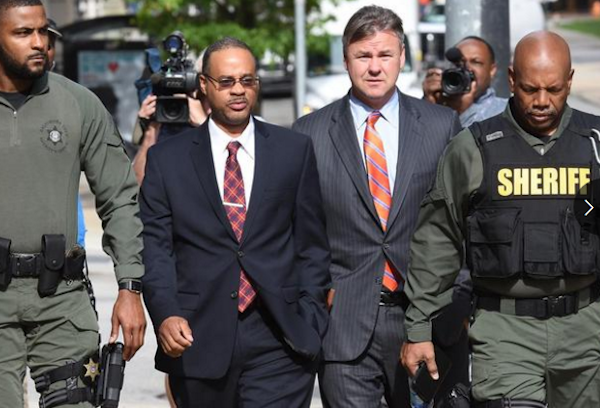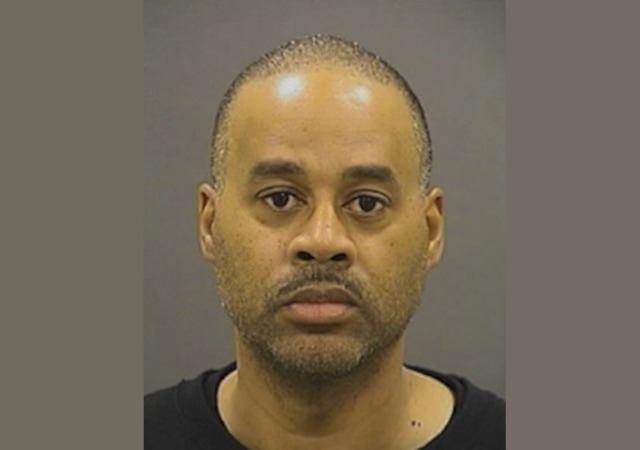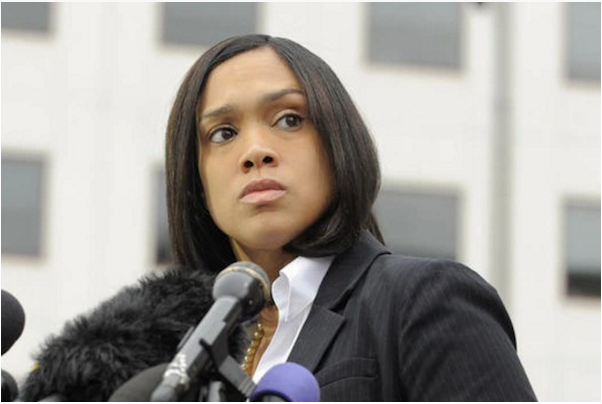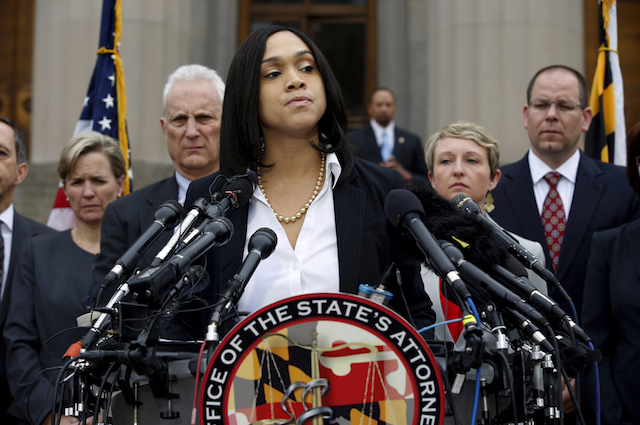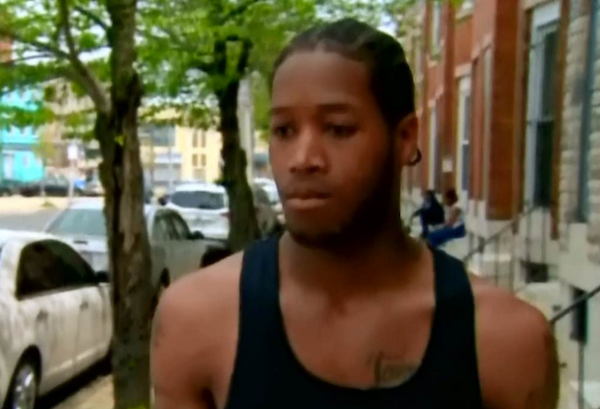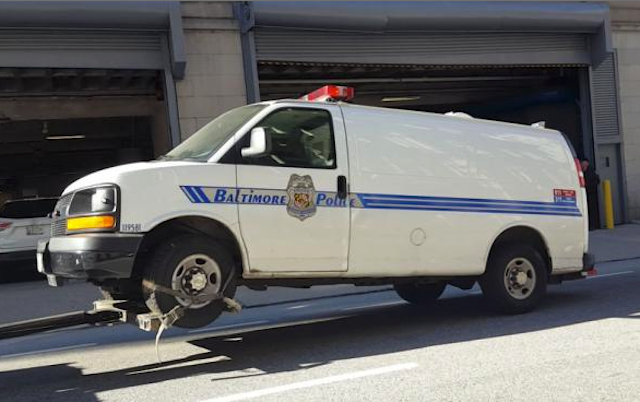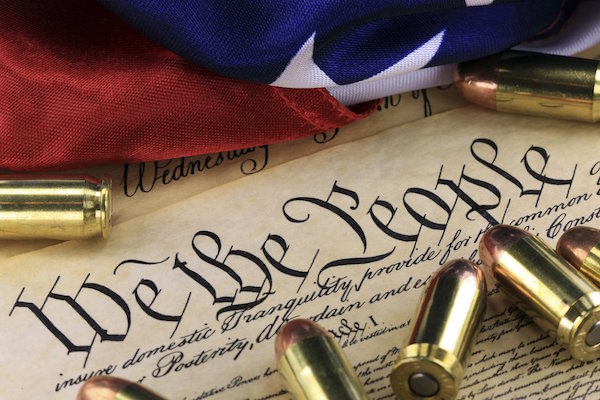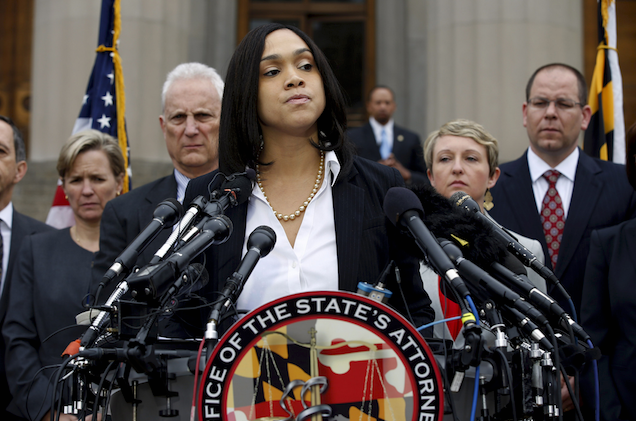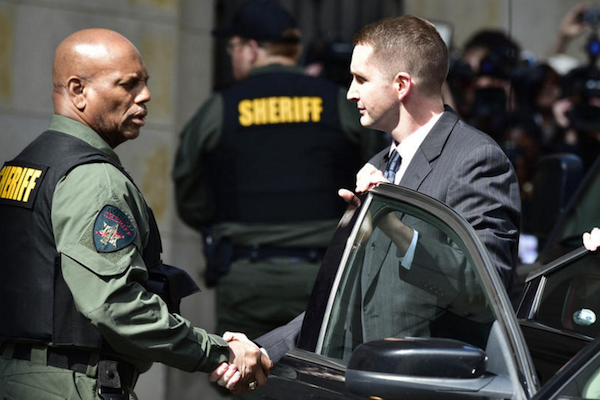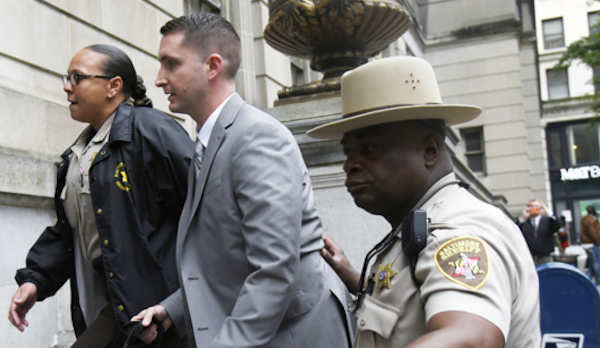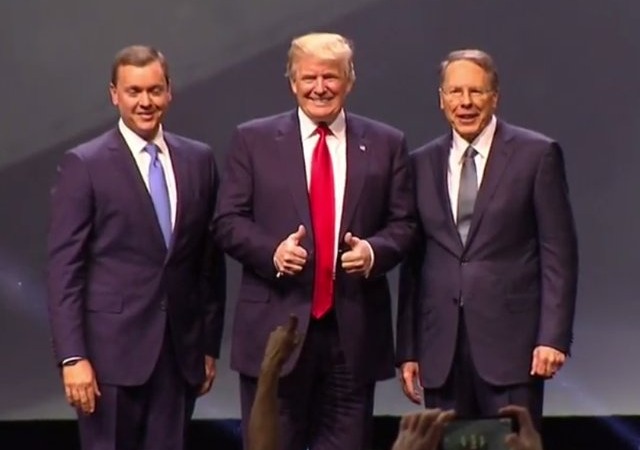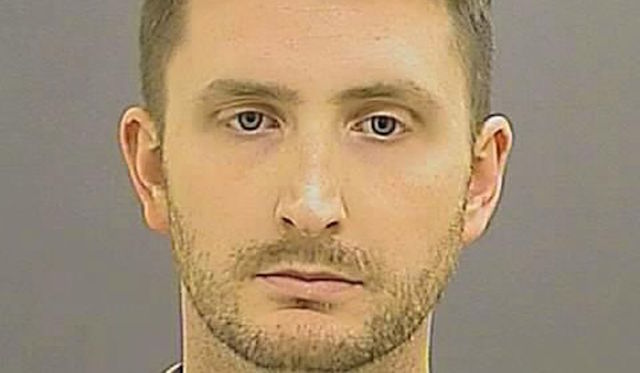Author: Andrew Branca
Andrew Branca
Andrew F. Branca is in his third decade of practicing law in the Commonwealth of Massachusetts. He wrote the first edition of the "Law of Self Defense" in 1997, and is currently in the process of completing the fully revised and updated second edition, which you can preorder now at lawofselfdefense.com. He began his competitive shooting activities as a youth in smallbore rifle, and today is a Life Member of the National Rifle Association (NRA) and a Life Member and Master-class competitor in multiple classifications in the International Defensive Pistol Association (IDPA). Andrew has for many years been an NRA-certified firearms instructor in pistol, rifle, and personal protection, and has previously served as an Adjunct Instructor on the Law of Self Defense at the SigSauer Academy in Epping, NH. He holds or has held concealed carry permits for Massachusetts, Connecticut, Rhode Island, New Hampshire, Maine, Pennsylvania, Florida, Utah, Virginia, and other states.
Freddie Gray: Defense Rests in Trial of Officer Caesar Goodson
Freddie Gray: Prosecution’s Terrible, Horrible, No Good, Very Bad Trial
Freddie Gray: Trial Implosion! Medical Examiner first believed injury was accident
Freddie Gray Day #4: Prosecution’s “Rough Ride” Theory Implodes
Freddie Gray: Trial of Van Driver Caesar Goodson, Day #3
Freddie Gray: The Relevance of Donte Allen’s Changing Eyewitness Testimony
Theory #1: Murder by Failure to Seatbelt, and Theory #2: Murder by Failure to Provide Medical Care now seem to be out of reach for the prosecution, leaving them desperately clinging to their final theory for why Caesar Goodson should be sentenced to prison for 30 years, Theory #3: Murder by Rough Ride.Freddie Gray: Trial of Van Driver Caesar Goodson, Day #3
Freddie Gray: The Relevance of Donte Allen’s Changing Eyewitness Testimony
Freddie Gray: Five of Six Officers Now Suing Prosecutor Marilyn Mosby
Freddie Gray: Prosecutors Abruptly Introduce New Theory at Start of Trial
Before Thursday, prosecutors had presented evidence of a diving-type injury that caused his injuries inside the van, but had not directly alleged that Gray was hurt as a result of aggressive driving by the van driver.The media and activists (but I repeat myself) have previously suggested that a "rough ride" might be in play in this case, but the prosecution itself has never directly made this claim part of their theory of the case--not, that is, until the opening day of Officer Goodson's trial. Officer Goodson is charged with murder, manslaughter, second-degree assault, misconduct in office and reckless endangerment in the death of Freddie Gray. By all indications the prosecution has long planned to convict Goodson on the grounds that he had failed in a legal duty to provide Gray with adequately prompt medical care. Specifically, the prosecution had planned to argue that Goodson was aware that Gray was having difficulty breathing, because of a statement to that effect by his colleague Police Officer William Porter. Porter is alleged by Detective Syreeta Teel to have made a statement to the effect that Gray was saying he was having difficulty breathing during an initial unrecorded interview by Teel. In a later recorded interview, however, Porter made no similar statement. Further, when Porter took the witness stand at his own trial (the first of the Freddie Gray trials, and ending in a hung jury), he denied having ever made the statement.
BREAKING: 9th Circuit Rules No 2nd Amendment Right to Carry Concealed Weapon
We hold that the Second Amendment does not preserve or protect a right of a member of the general public to carry concealed firearms in public.The majority arrives at this conclusion having applied intermediate scrutiny, rather than either strict scrutiny (almost invariably finds a constraint to be unconstitutional) or rational basis (almost invariably finds a constraint to be constitutional), to the dispute. In District of Columbia v. Heller the Supreme Court held that rational basis was an inappropriate level of scrutiny to evaluate claims of Second Amendment infringement, but left open the door for intermediate scrutiny. As this opinion shows, allowing for intermediate scrutiny in practice is little different in the hands of anti-Second Amendment judges than allowing them to apply rational basis—every gun control restraint will survive scrutiny, and the Second Amendment effectively loses all meaning.
Freddie Gray: Judge Denies Last-Minute Motion to Dismiss Goodson Charges
Freddie Gray: Cops Suing Mosby Add Malicious Prosecution, Other Claims
I heard your calls for, ‘No Justice, No peace.’ Your peace is sincerely needed as I work to deliver justice on behalf of this young man.Today the officers' initial claims of defamation and invasion of privacy seem to have been simply the opening salvo against Mosby and Cogen. According to a report by LawOfficer.com Sergeant Alicia White and Officer William Porter plan to amend their civil complaint to add new allegations of malicious prosecution, false arrest, and violation of the Maryland declaration of rights, article 24 and 26. According to Political Insider, Lt. Rice's complaint against Mosby and Cogen is also expected to be amended to include those additional allegations.
Freddie Gray: Van Driver Goodson Opts for Bench Trial
Freddie Gray: Cops Go On Offensive, Sue Prosecutor Mosby
Mosby, who announced the charges one day after receiving the official police investigation into the incident, said that she had conducted her own independent investigation with the help of the sheriff's office. Cogen signed and filed the initial charging documents in the case, outlining the state's probable cause.
Freddie Gray Trial: Official Transcript of Not Guilty Verdict
Freddie Gray Trial VERDICT: Officer Edward Nero NOT GUILTY!
NRA Formally Endorses Donald Trump for President
Freddie Gray Analysis: Day 6: Closing Arguments
Donations tax deductible
to the full extent allowed by law.
CONTRIBUTORS
- William A. Jacobson
Founder
- Kemberlee Kaye
Sr. Contrib Editor
- Mary Chastain
Contrib Editor
- Mike LaChance
Higher Ed
- Leslie Eastman
Author
- Vijeta Uniyal
Author
- Stacey Matthews
Author
- Jane Coleman
Author
- James Nault
Author
- Elizabeth Stauffer
Author
- Mandy Nagy
Editor Emerita
- Learn more about the Contributors


